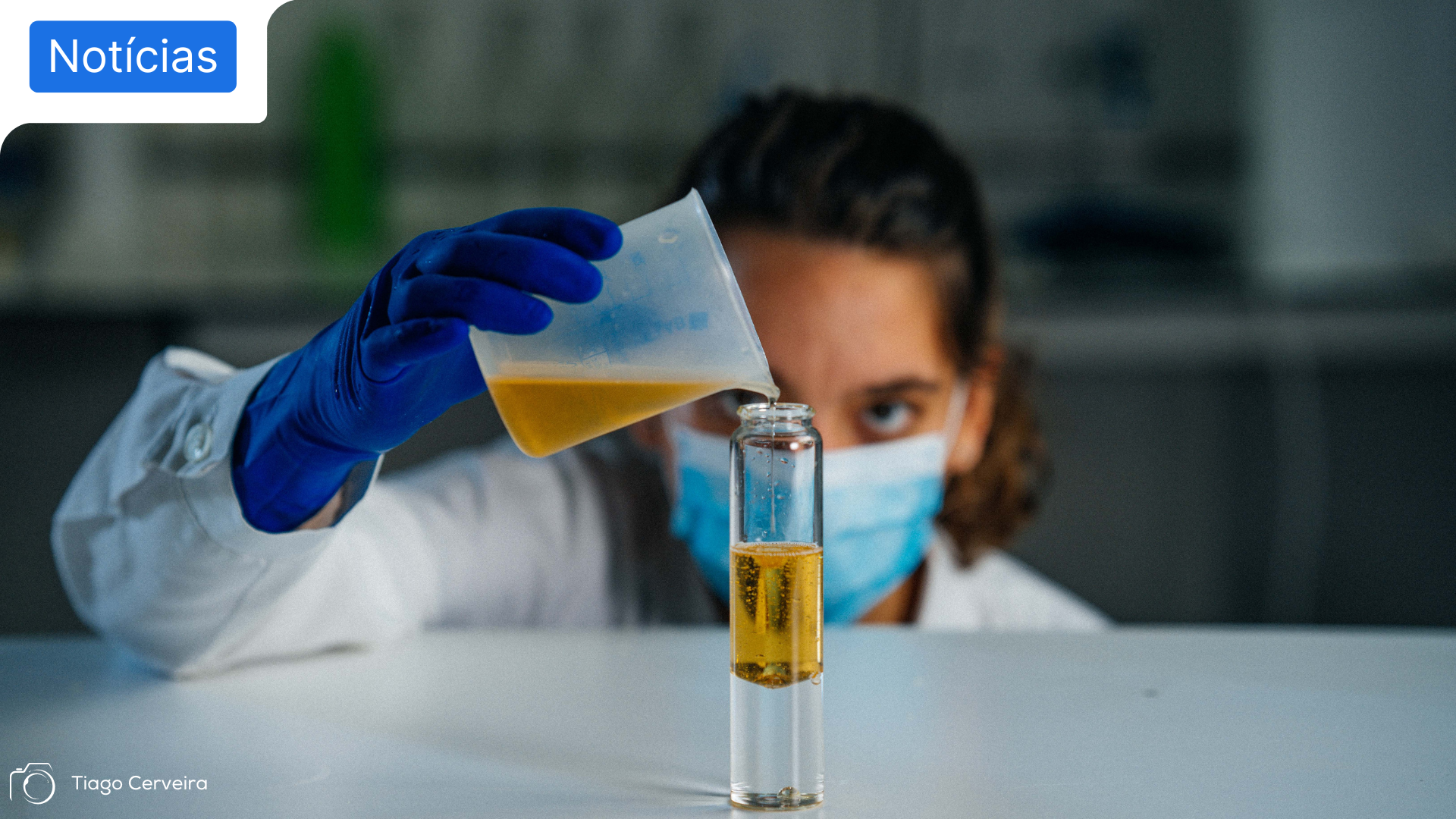Producing detergents from used cooking oils


Producing detergents from used cooking oils
In Vagos, in the district of Aveiro, the production unit of EcoX is established, a company based in Penela, Coimbra, which focuses on producing detergents from used cooking oils."
Thirst
HIESE – Quinta Vale do Espinhal, EM558 1, 3230-343 Penela
NIPC 514 164 450
Offices
Rua da Zona Industrial de Vagos Lt 88, 3840-385 Vagos
Email: info@ecox.pt
Telephone: +351 969 922 809
Tuesday to Friday: 9:30am-1:00pm | 2pm-4pm
